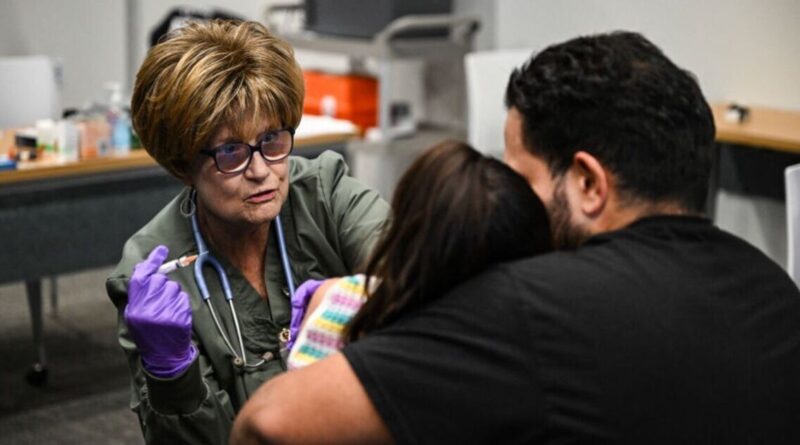Brits get major European holidays warning as hotspots hit by disease outbreaks | World | News
An outbreak of measles is sweeping through Europe, as the number of cases hits a 25-year high. The disease is highly contagious and can cause inflammation of the brain, as well as leading to long term health complications.
France, Italy, Spain and Germany are among some of the worst affected countries, as infection rates surge. Similar to the UK, Europe has seen a decline in the uptake of the MMR vaccine against measles since Covid. The World Health Organisation and UNICEF reported 127,350 cases of the disease in the European Region in 2024.
This is double the number of cases reported during the previous year and the highest number since 1997.
A consultant epidemiologist at the UK Health Security Agency has urged parents to vaccinate their children before heading abroad for their holidays.
Dr Vanessa Saliba told the BBC: “It’s essential that everyone, particularly parents of young children, check all family members are up to date with two MMR doses, especially if you are travelling this summer for holidays or visiting family.
“Measles cases are picking up again in England and outbreaks are happening in Europe and many countries with close links to the UK.”
The latest data from UKHSA shows some 109 confirmed measles cases in April and 86 so far in May were recorded in England.
Most of these infections occurred in unvaccinated children aged 10 years and under.
Almost half of all news cases in the past four weeks have been in London, which has some of the lowest regional vaccination rates (just over 73%).
The disease is spread through coughing and sneezing, and symptoms include a high fever, sore eyes, a runny nose, coughing and sneezing.
Small white spots may appear inside the mouth, and a blotchy red or brown rash usually appears after a few days, typically on the face and behind the ears, before spreading to the rest of the body.
Measles normally clears up within seven to 10 days. However, it can lead to pneumonia, meningitis, blindness and seizures.
The government has launched a new push to improve take up rates for the vaccine, which are provided for free by the NHS.
Health experts say that anyone, whatever their age, who has not had two doses of the MMR vaccine can contact their GP surgery to book an appointment and that it is never too late to catch up.





